Polish and Hebrew Literature and National Identity Alina Molisak, Shoshana Ronen
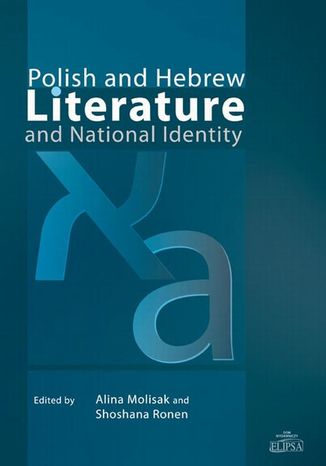

- Autorzy:
- Alina Molisak, Shoshana Ronen
- Wydawnictwo:
- Elipsa Dom Wydawniczy i Handlowy
- Ocena:
- Stron:
- 310
- Dostępny format:
-
PDF
Opis
książki
:
Polish and Hebrew Literature and National Identity
Wybrane bestsellery
Alina Molisak, Shoshana Ronen - pozostałe książki
Elipsa Dom Wydawniczy i Handlowy - inne książki
Dzięki opcji "Druk na żądanie" do sprzedaży wracają tytuły Grupy Helion, które cieszyły sie dużym zainteresowaniem, a których nakład został wyprzedany.
Dla naszych Czytelników wydrukowaliśmy dodatkową pulę egzemplarzy w technice druku cyfrowego.
Co powinieneś wiedzieć o usłudze "Druk na żądanie":
- usługa obejmuje tylko widoczną poniżej listę tytułów, którą na bieżąco aktualizujemy;
- cena książki może być wyższa od początkowej ceny detalicznej, co jest spowodowane kosztami druku cyfrowego (wyższymi niż koszty tradycyjnego druku offsetowego). Obowiązująca cena jest zawsze podawana na stronie WWW książki;
- zawartość książki wraz z dodatkami (płyta CD, DVD) odpowiada jej pierwotnemu wydaniu i jest w pełni komplementarna;
- usługa nie obejmuje książek w kolorze.
Masz pytanie o konkretny tytuł? Napisz do nas: sklep@ebookpoint.pl
Książka drukowana



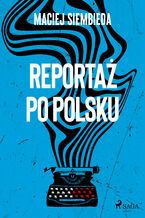


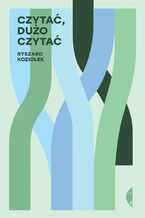
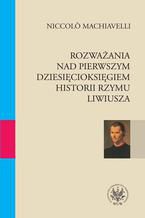
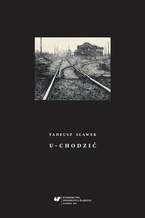
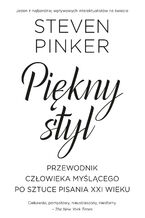
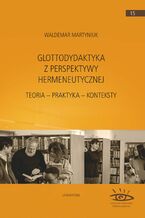
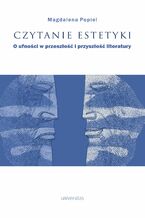
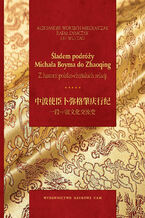

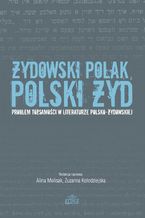
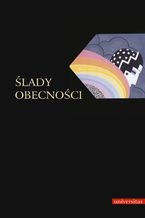
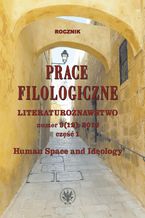

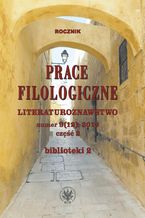
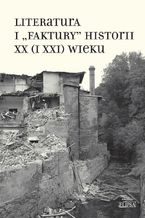
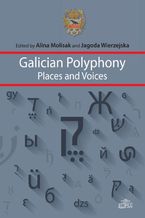
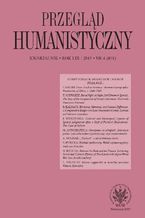
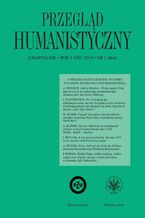
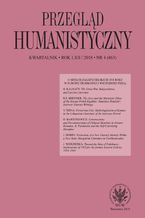
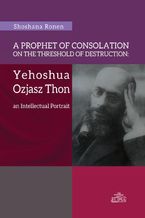






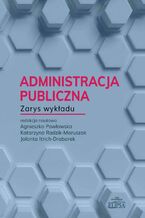
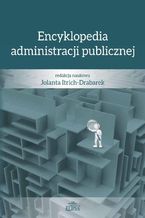
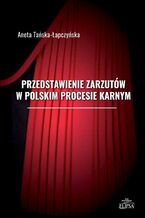
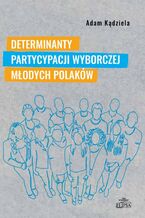
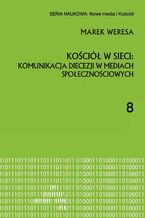
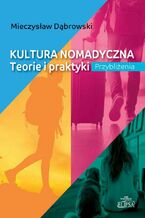
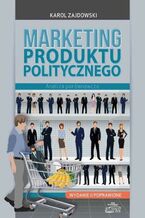
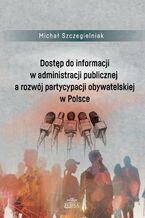
Oceny i opinie klientów: Polish and Hebrew Literature and National Identity Alina Molisak, Shoshana Ronen
(0)